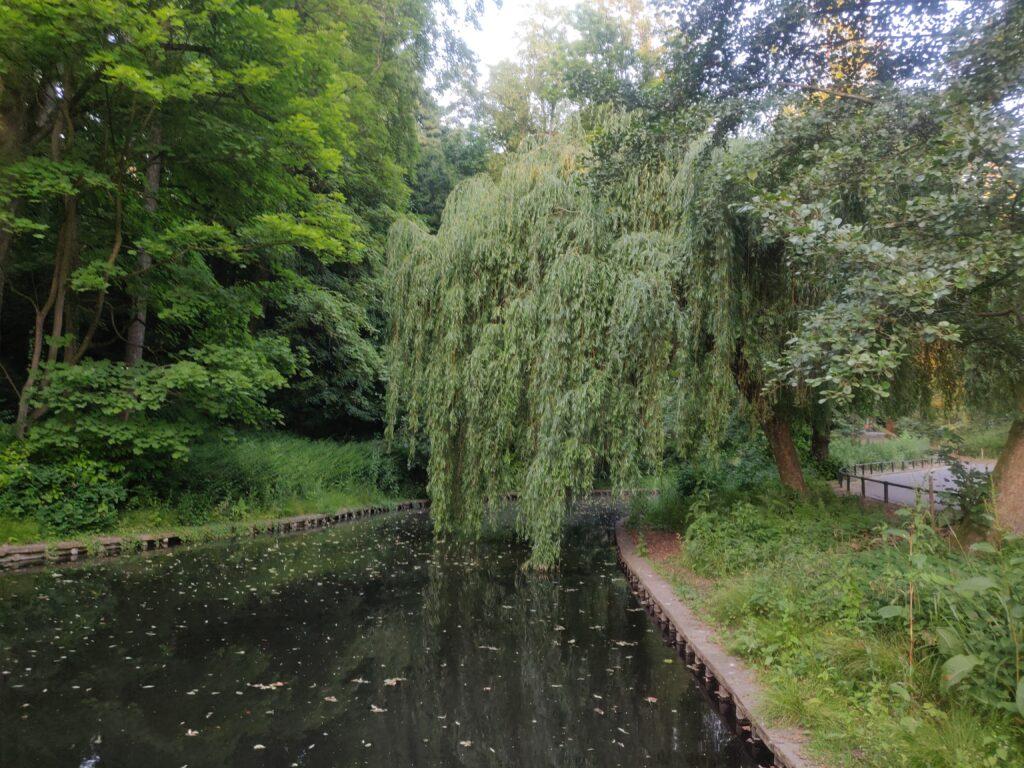
This week, I took it relatively easy.
Well, that’s how I felt anyway, the reality was that I actually did rather a lot. It was the first time in a long time I’ve been into the office five days in a week (my own choice!). I also had evening activities on Tuesday, Thursday, Friday and Saturday. I also went to a 4 hour Toastmaster officer training on Saturday too. I’ve also been on a diet where I eat one meal a day for a while, so that includes each day of this week.
So why do I feel like this week was relatively relaxed?
Well it is relative. Essentially, it felt like tasks took far less effort this week than what they did last week. During my immersion in Kent a few weeks ago, we spoke about the distinction of living and the game of life, based upon an audio by George Pransky. This distinction has completely changed the game in the way I respond to the stressers from the world around me.
Living is a state that we are constantly in, and we do whether we choose to or not. The game of life are the games that we choose to play. These can be literal games such as tennis, or more abstract games.
Our jobs are elaborate games that we play. We sign a piece of paper and we choose to embody the title of ‘systems engineer’, ‘film critic’ or ‘IT consultant’. There’s nothing wrong with playing these games – they can be fun, rewarding and entertaining. But the issue arises when we mix up the game of life with living. This shows up when our job becomes our identity, or we carry on thinking about work when we leave the office.
I realised that pretty much every thing I do in my life is a game. Work is a game. Play is a game. Once I see these things as games, suddenly the amount of pressure I put on these things start to fall away. I can start to enjoy them far more because I see that they’re actually just games.
I’ve been going to a poker night the last few months. I actually went the night I came back from the immersion. It was the best I played in a while, because I remembered that it was just a game. In the past, I would get psyched out by the odds. I would start playing differently in the late game because the blinds (cost to play) increased, so I felt things were more risky.
But games are there to have fun. It adds a challenge and entertaining element to our lives. If playing a game is making us stressed or miserable it means that we are playing the game wrong.
Once we have fun, we also tend to play better. At poker, I no longer was second-guessing myself. I had a greater level of conviction with my plays, and unsurprisingly I played better. This wasn’t a fluke either as the same thing happened the week after.
Bringing the idea of everything being a game is extremely liberating. The same activities that stress us out can turn into sources of joy simply because of the shift in the way we look at them.
This major shift is available for all of us, including you. It’s simply a matter of seeing it.